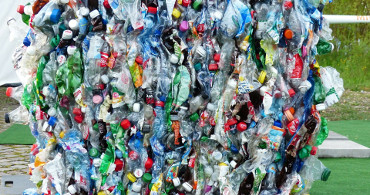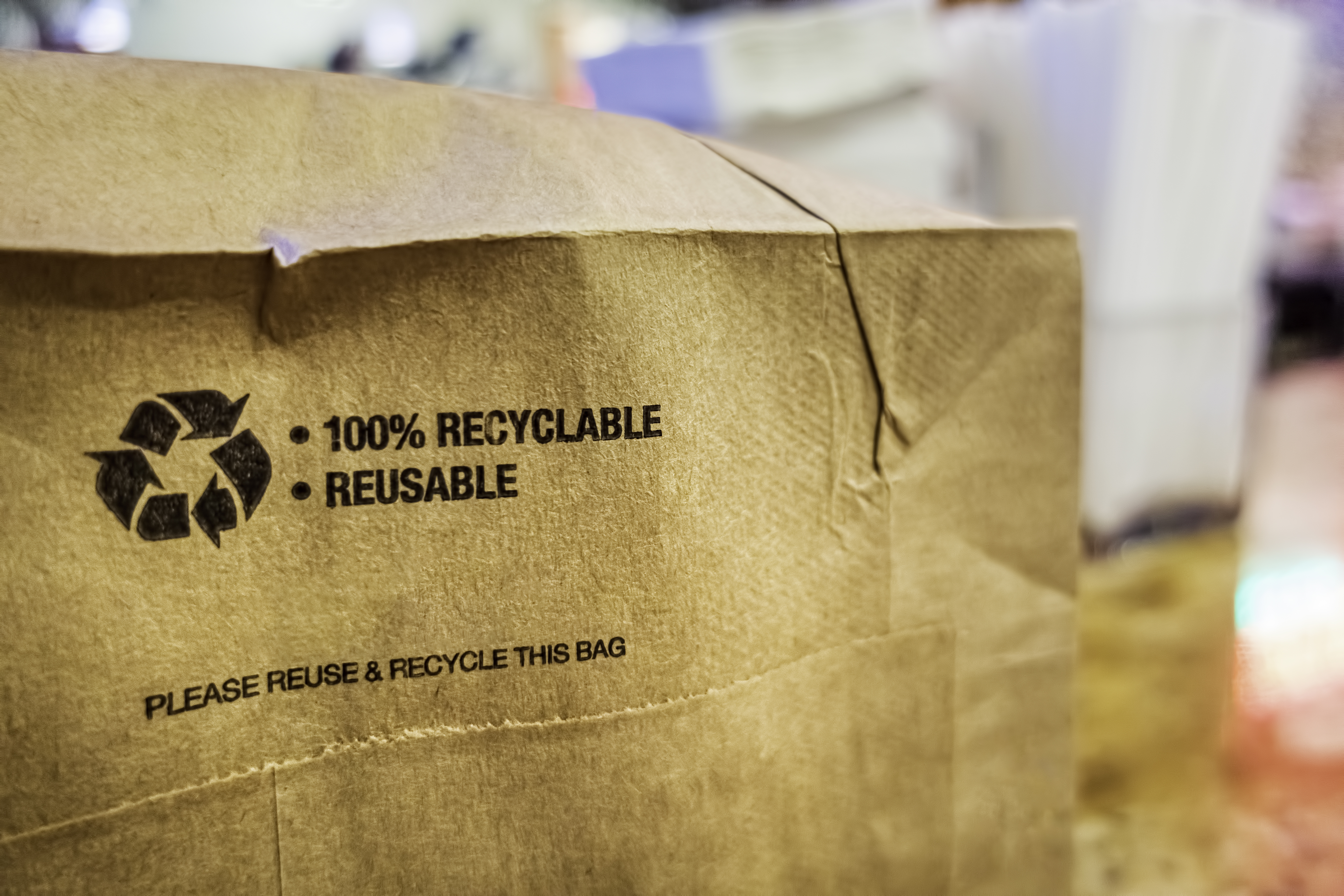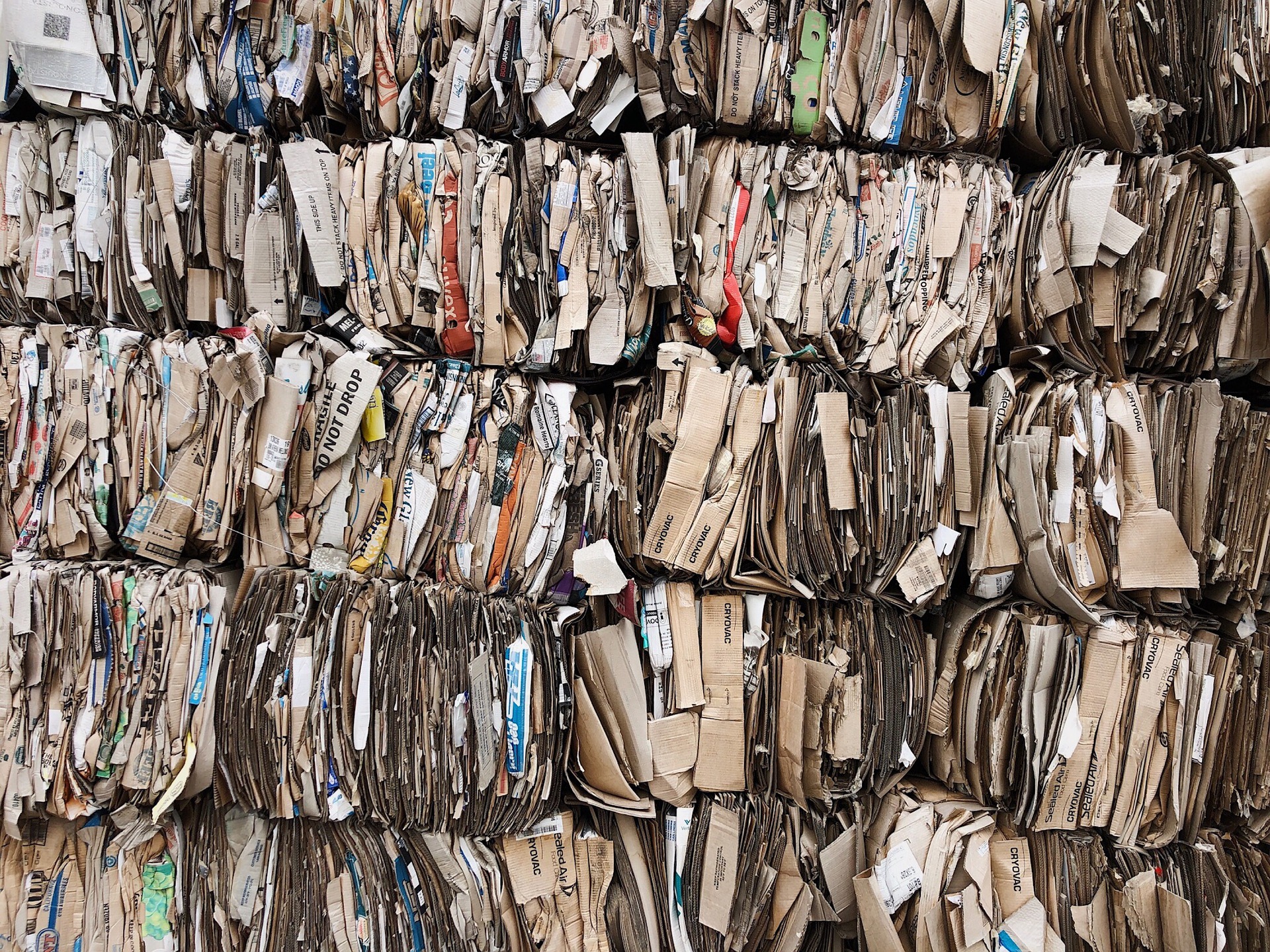

Plastics, Packaging and Waste
The role of plastics in horticulture
Plastic plays a crucial role in horticulture. It's used in pots and containers used to grow and ship plants from production nurseries to retailers and their final destination in our landscape. It's used to contain garden chemicals in a safe, shatter-proof fashion that prevents pollution. It's also vital in the packaging growing media in a manner that retains moisture and protects the product from the elements. Of course, there's far more that plastic's used for than this. But, unlike uses of plastic that affect the whole economy like plastic carrier bags these types of use are uniquely horticultural - the onus is on us to ensure that plastic is used responsibly in these contexts and feeds into a circular economy.
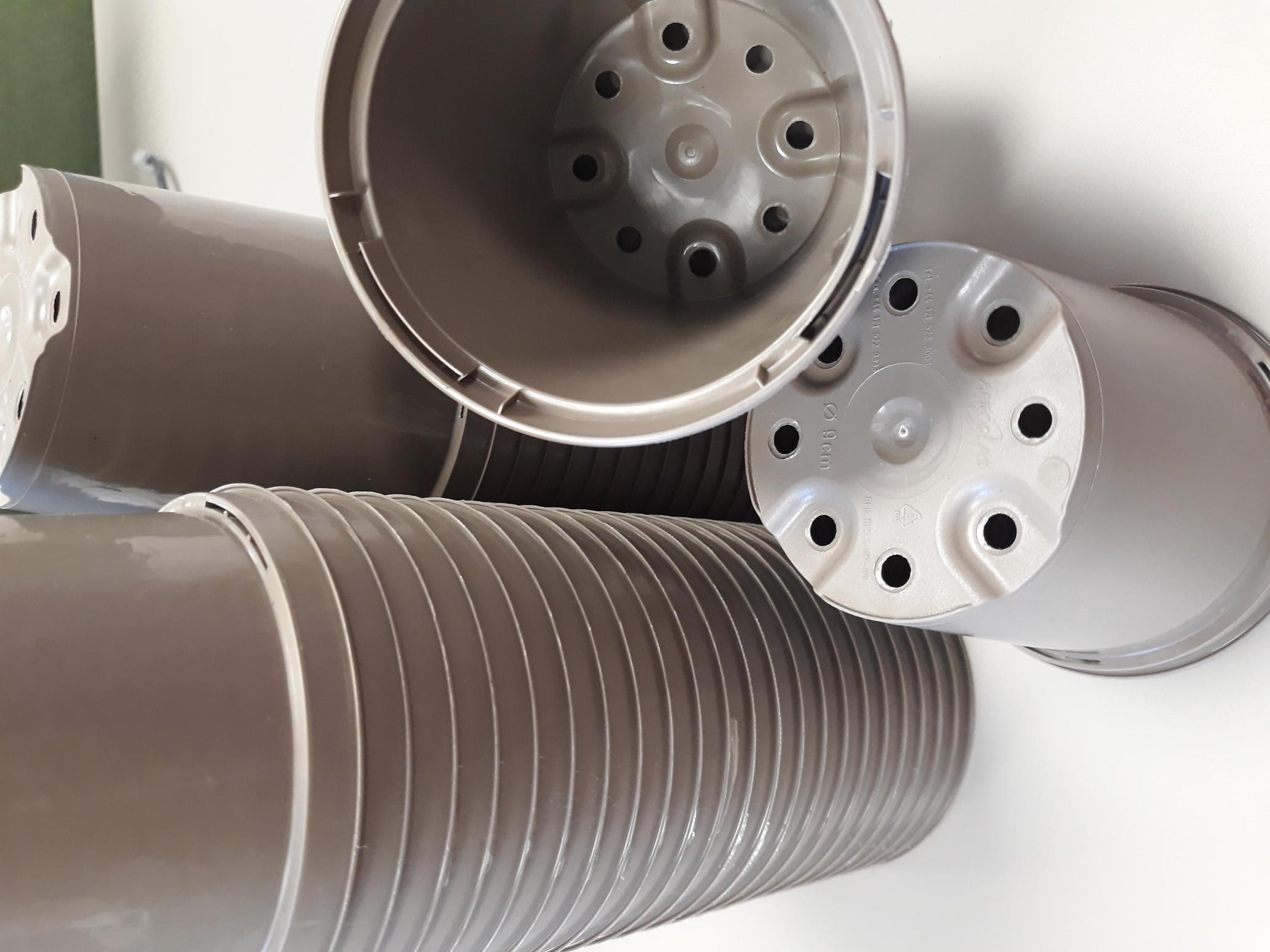
Plastics, sustainability, and circularity
No-one would deny the immense damage that irresponsible use and waste of plastics can do to the planet. Used responsibly they do have some benefits in horticulture. For instance being light-weight they minimise fuel use and resulting pollution and CO2 emissions through the supply chain. We estimate that the combined weight of plastic plant pots & containers, growing media bags and garden chemical bottles is around 30,000 tonnes a year. Replacing this with heavier material would increase fuel consumption and CO2 emissions through the supply chain. Being water-tight, plastics also aid water retention and efficiency in crop irrigation. So it's important that we move to a more circular and sustainable use of plastics without losing their environmental benefits.
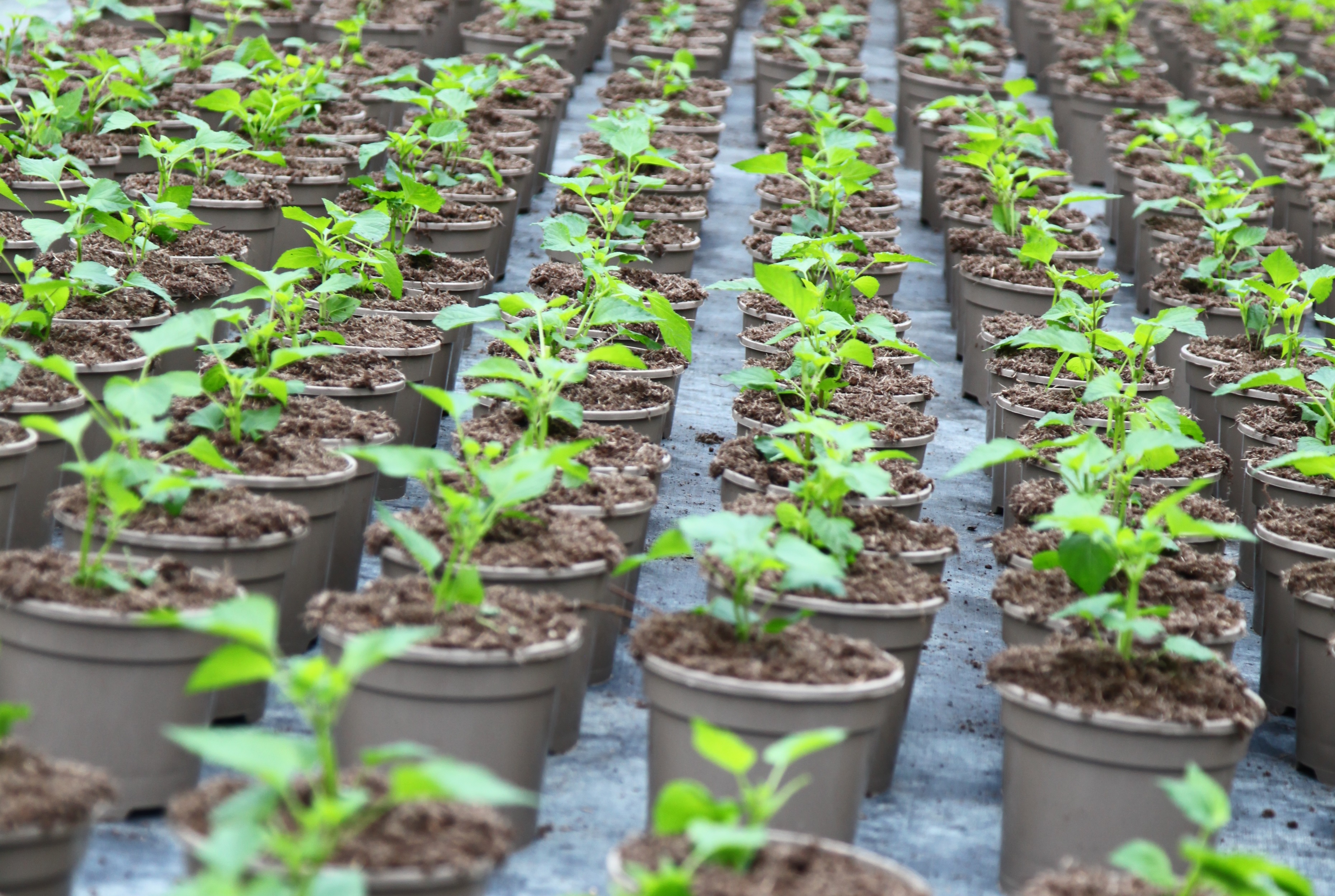
Moves to greater sustainability
In 2018 horticulture took a major step towards greater circularity by introducing the 'taupe pot'. This fully recyclable pot was delivered as a replacement for the (formerly) more widely used black plastic plant pots and containers used to produce and transport garden plants. However, only around 10% of local authorities accept plant pots for recycling. We're working with others to change this, and encourage local authorities and waste management companies to accept pots and other recyclable plastics from horticulture. Recognising the currently limited infrastructure for plastic re-processing though, we're taking the lead on recycling and re-using our own plastics. Many garden centres and manufacturers have set up their own schemes to provide collection points for plastics for their customers. We'll continue to work with our members and others such as GIMA to increase the proportion of horticultural plastics that are recycled and recyclable.
Packaging waste and Extended Producer Responsibility (EPR)
Extended Producer Responsibility (EPR) is an environmental policy approach in which a producer’s responsibility for a product is extended to the post-consumer stage of a product’s life cycle. The intention of the policy is to shift responsibility upstream towards the producer and seeks to incentivise producers to take account of environmental considerations when designing products.
Our partner, Ecoveritas, can support HTA members assess their obligations and ensure compliance with The Packaging Waste Regulations. To find out more and contact Ecoveritas follow the below links to their contact pages.

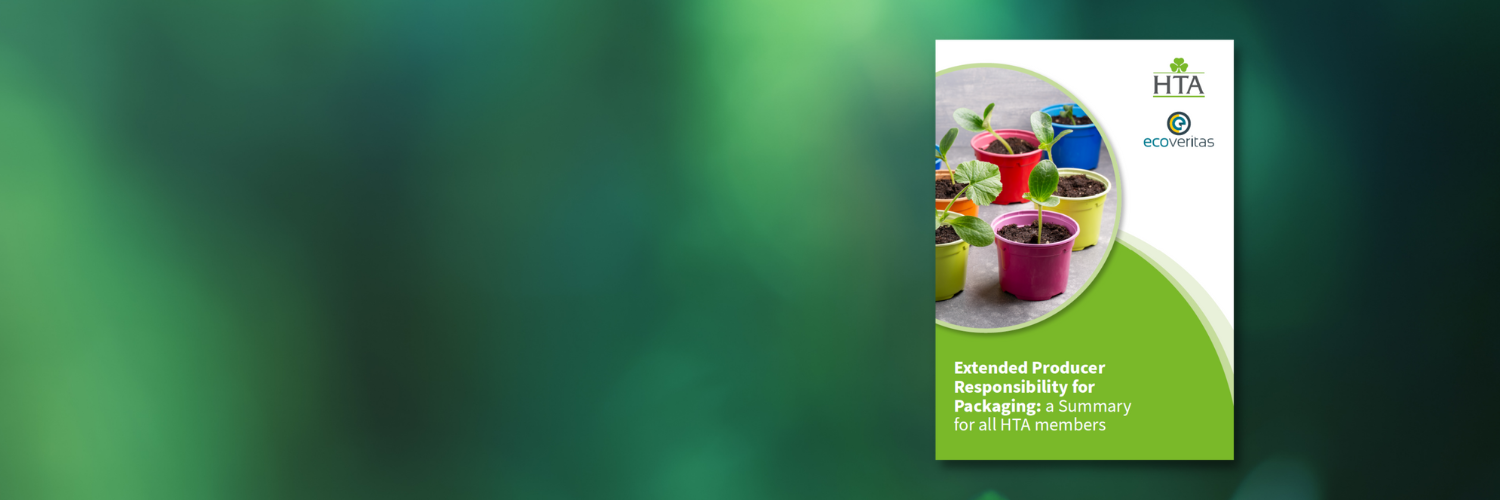
Find out more about Extended Producer Responsibility (EPR)
View our help page on EPR, download the summary guide and find out how to get help with compliance

